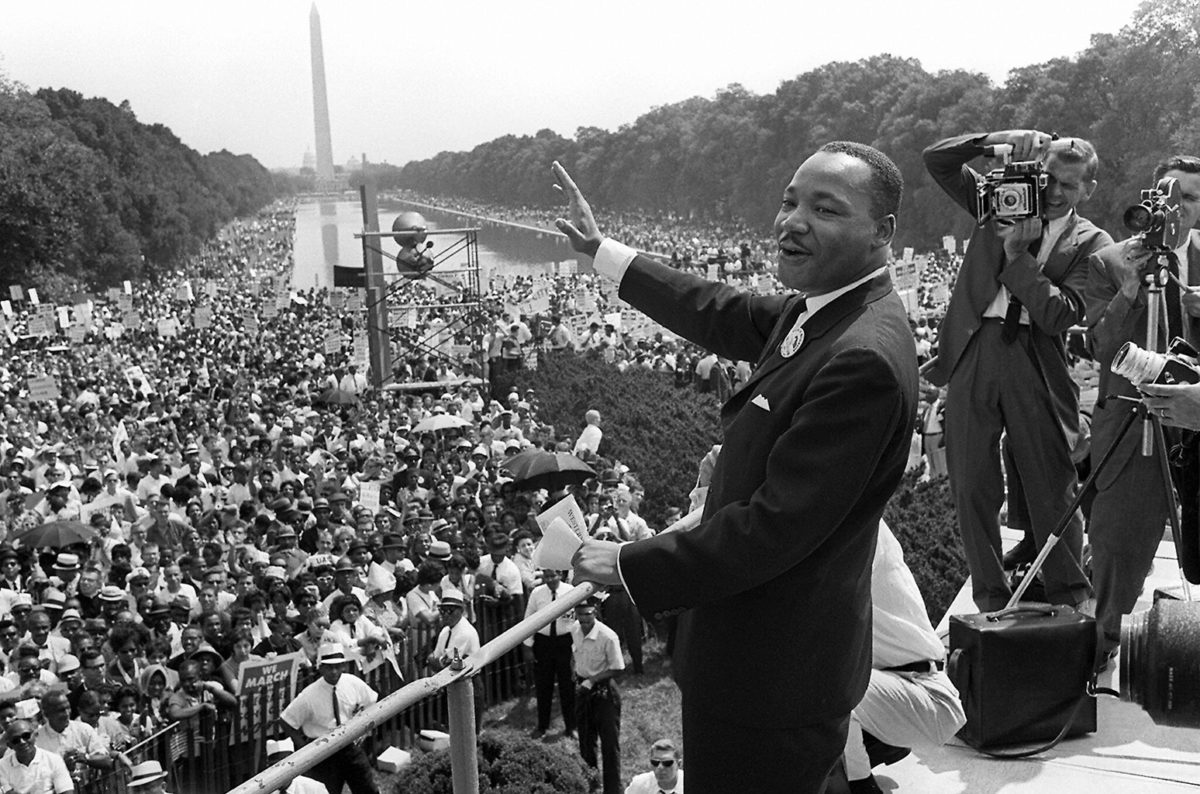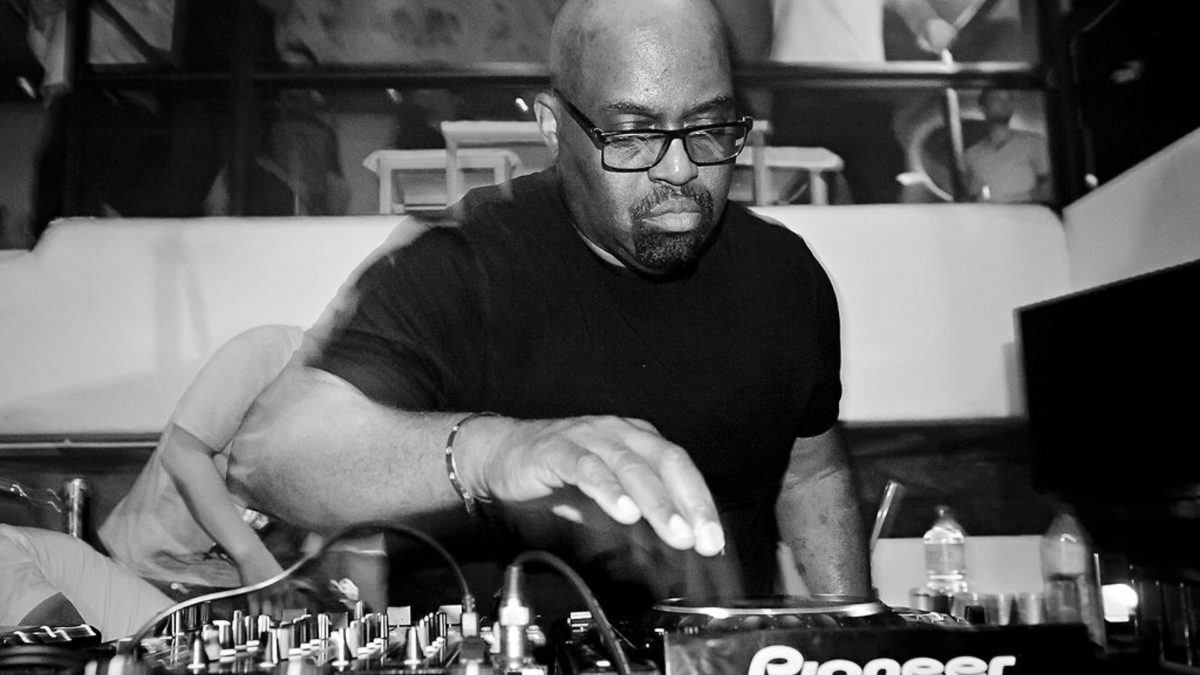Black history shaped America. Theirs is a voice that moulded a societal and cultural consciousness, toppling the might of systematic oppression. From obvious civil rights visionaries, like Dr. Martin Luther King to the very people he fought for, who all overcame adversity in achieving agency for black American’s. Regardless of creed, status or presence, each is an authority to be valued and heard. Black identity is one of human experience.

In this sense of community, both ideologically and creatively, a moment of innovation can shape the course of history. A moment like blues music; strengthening the woes of the underprivileged, or gospel asserting faith. Not only does music form bonds between those of a feather, it changes the fabric of society. Black music is the far-reaching inclusivity of progressive thought and passion—a place of common ground.
In 1977 at 206 South Jefferson Street, Chicago Illinois—an unmarked nightclub would open its doors—and with it, a small community of black dancers to change the world forever. Envisioned by New York promoter Robert Williams, this hedonistic space of sexy contortion was called The Warehouse. Its resident DJ would later be named The Godfather of House Music, his name—Frankie Knuckles.
His DJ sets spanned funk, disco, early RnB and Philadelphia soul—an arse shaking concoction that would become synonymous with the club’s oeuvre. A natural colloquial progression for most humans, The Warehouse was shortened to The House. For those in the know, the streets became a chorus of “Where is Frankie playing tonight? Where is the house music?”

It was black people dancing to a black DJ whose cuts were predominantly performed by black people. For many involved there was an unrivalled sense of the underground, it was deep spiritual black experience. This was a culture in ground-breaking infancy, a home of inclusivity and soul—whether it race or sexual identity, house was a home for all.
As this style gained popularity the parties spread throughout Chicago. Small pockets retained the feel but for the innovators, it needed further progression. It wasn’t until the early 1980s, and with a focus on the four-four kick drum, that the first “house music” records were made. In what is probably the most contested debate in music history, the first house record pressed to vinyl was “On and On” by Jesse Saunders. While many will probably disagree with me, it seems Saunders’ efforts are recognised as at least a forerunner.
Once the ball got rolling there was an unstoppable force in American house music production, all championed by black artists. Not one to drop a know-it-all list, I’ll let you discover them for yourself. It’s more fun that way, just Google Larry Levan and go from there.
Since its inception, House has taken many forms and for the most part, has resulted in some pretty pleasure some grooves. Though unfortunately, where big capital comes into play, the soul and beauty of the Frankie Knuckle dance floor has been unequivocally spat on. At the risk of teetering on “EDM sucks” territory—which is quite possibly the most outdated journalistic story one can tell—I will continue, because a good dance floor is worth it.
Whitewashing is a form of censorship. It’s the abandonment of a tarnished identity and covering it with a more palatable alternative. Commonplace in Hollywood casting and fashion touch ups, it has striking connotations to a lack of diversity within an industry or just blatant racism. Plainly put, it’s an authority placing white as a prettier or more accessible colour than say—a darker alternative.
From the media’s noting of David Guetta as a figurehead in bringing house music to the US (whaaa?)—or the constant billing of fuckheads like this at major dance festivals—I can’t help but align this laziness, whether it intentional or not, with the deterioration of another black culture. Obviously, there is an organic way in which things change, one can’t help that—though is this not another authority taking the reins and splashing it with an idiotic white blemish?
While the people I’m referring to are caucasian, the white I’m addressing are the poorly researched opinions and lack of responsibility when promoting an art form. Clearly there are scores of white musicians and promoters that respect dance culture, it just seems those with more sway couldn’t care less about its rich heritage when presenting it to the uninformed.
I can stand on my soapbox and berate till the cows come home. Unfortunately, it won’t change the fact that money talks. I mean, just look at the hideous amalgam of capitalist clutter they call the main stage at Tomorrowland.
~Insert Sideshow Bob shudder~
I guess it’s up to the listener to seek out the richer textures in art. Call me a wanker, call me whatever—I can’t help but care; shoot me. ¯\_(ツ)_/¯







